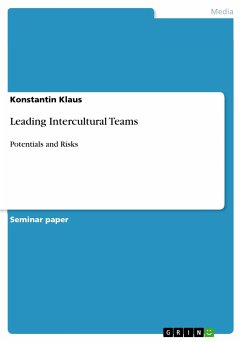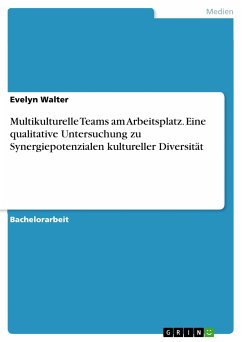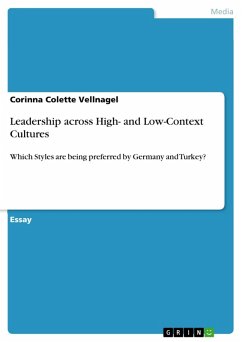Seminar paper from the year 2019 in the subject Communications - Intercultural Communication, grade: 2,0, University of applied sciences Frankfurt a. M., course: Intercultural competence, language: English, abstract: Which aspects are of central importance for the success of leadership in an intercultural context? And how can leaders with the necessary skills and abilities be promoted to master cross-cultural encounters in day to day working life and to realize the benefits of diversity? The working world has become much more complex, volatile and unpredictable in the past two decades. For the success of organizations will be the ability to be sensitive, fast and to deal adequately with changes in the global context to the decisive factor. This also increases the demands placed on executives, especially with regards to their "versatility" ambiguity and uncertainty in their work environment and at the same time remain capable of acting. Intercultural encounters additionally increase the complexity. The way executives interact in a dynamic environment with their employees, customers, suppliers and other stakeholders from different cultures has a significant impact on the performance of an organization. Intercultural competence is an important prerequisite for the professional success of global executives.
Dieser Download kann aus rechtlichen Gründen nur mit Rechnungsadresse in A, B, BG, CY, CZ, D, DK, EW, E, FIN, F, GR, HR, H, IRL, I, LT, L, LR, M, NL, PL, P, R, S, SLO, SK ausgeliefert werden.









